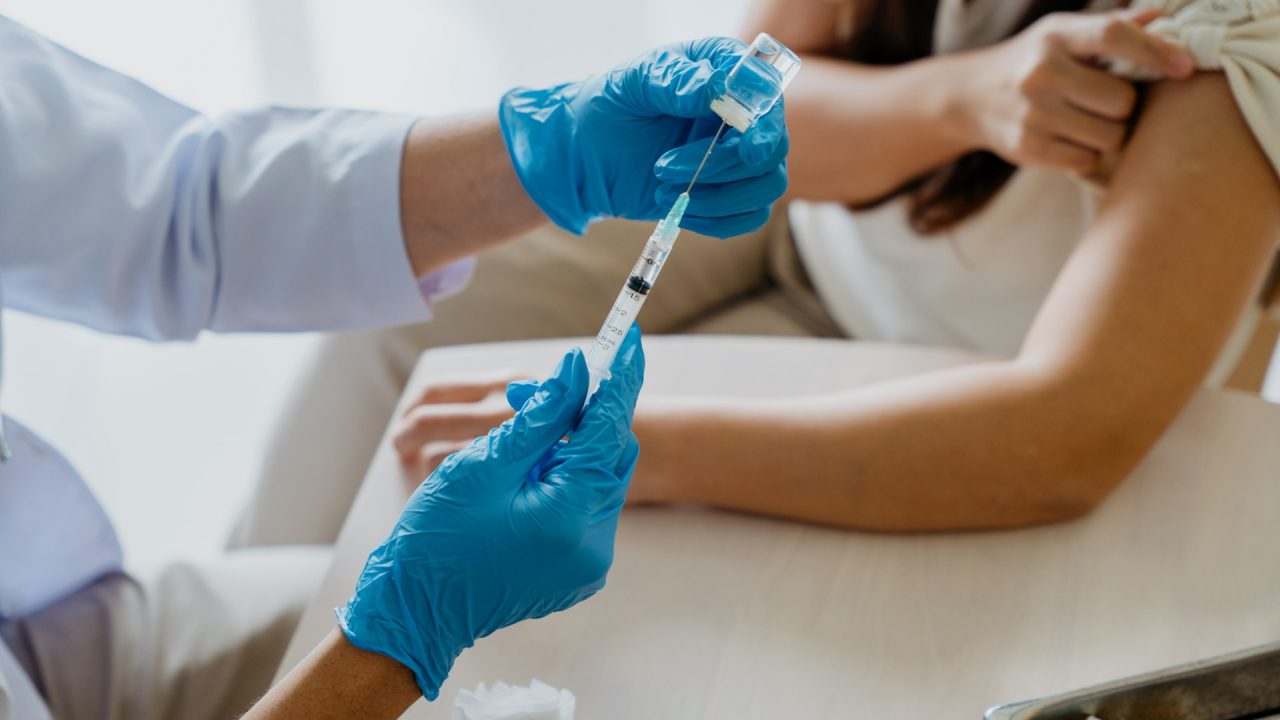It is possible to make cervical cancer a “rare disease” in Scotland, a new study has shown.
The study by Public Health Scotland, in collaboration with the Universities of Edinburgh and Strathclyde, confirmed that the human papillomavirus (HPV) vaccine has proven to be “highly effective” in preventing the development of cervical pre-cancer and cancer.
It also showed that the vaccine continues to be effective more than 12 years after it was given in women who came forward for cervical screening.
“Vaccination against HPV is effective in preventing cervical cancer and, along with regular screening for early detection and treatment, it is possible to make cervical cancer a rare disease,” Dr Kirsty Roy, a consultant in public health for Public Health Scotland, said.
HPV is a common virus, usually spread through sexual contact, and is responsible for almost all cases of cervical cancer, the fourth-most common cause of cancer in women worldwide.
The study came nearly two decades after Scotland’s HPV immunisation programme was introduced in 2008.
Dr Roy said it showcases the effectiveness and impact of the HPV vaccine in preventing cervical disease.
It provides protection when administered to girls aged 18 years or less, with the greatest benefits seen in girls vaccinated at age 12-13.
The research also shows women from Scotland’s most deprived areas benefited the most from vaccination, helping to reduce health inequalities.
Scotland’s routine cervical cancer screening programme and the HPV immunisation programme work together to reduce the prevalence of HPV and the development of cervical pre-cancer and cancer among women.
The HPV vaccine is offered as a routine immunisation through schools to all S1 pupils in Scotland.
It helps protect both boys and girls from genital warts and other HPV-related cancers that can develop later in life.
Dr Tim Palmer, the Scottish clinical lead for cervical screening at the University of Edinburgh, said: “This study shows conclusively that the HPV vaccine prevents the changes that can develop into cancer.
“It also emphasises the need for continued high uptake of the vaccine in schools as vaccination at older ages is much less effective. Screening is still important to prevent disease caused by HPV types not covered by the vaccine.”
Follow STV News on WhatsApp
Scan the QR code on your mobile device for all the latest news from around the country


 hxyume via iStock
hxyume via iStock

























